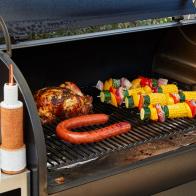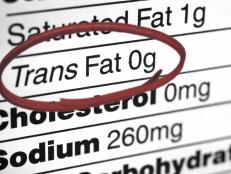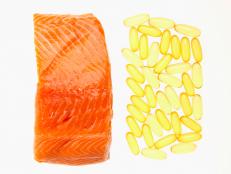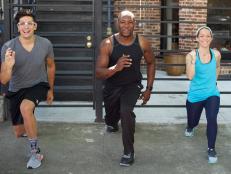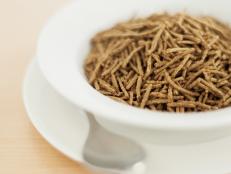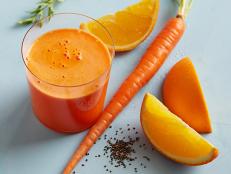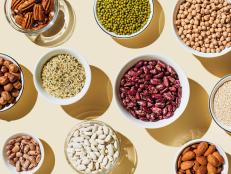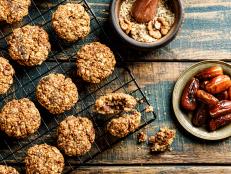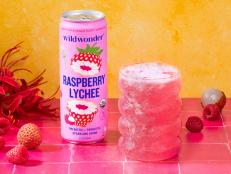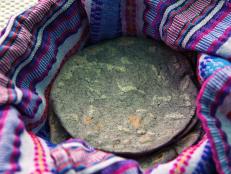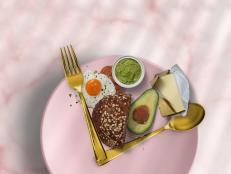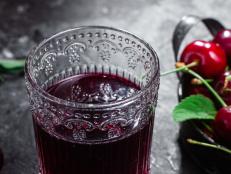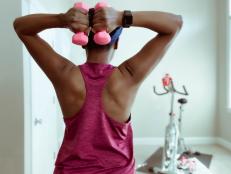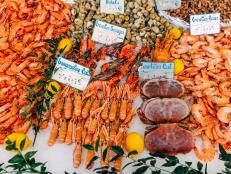Importance of Healthy Fats
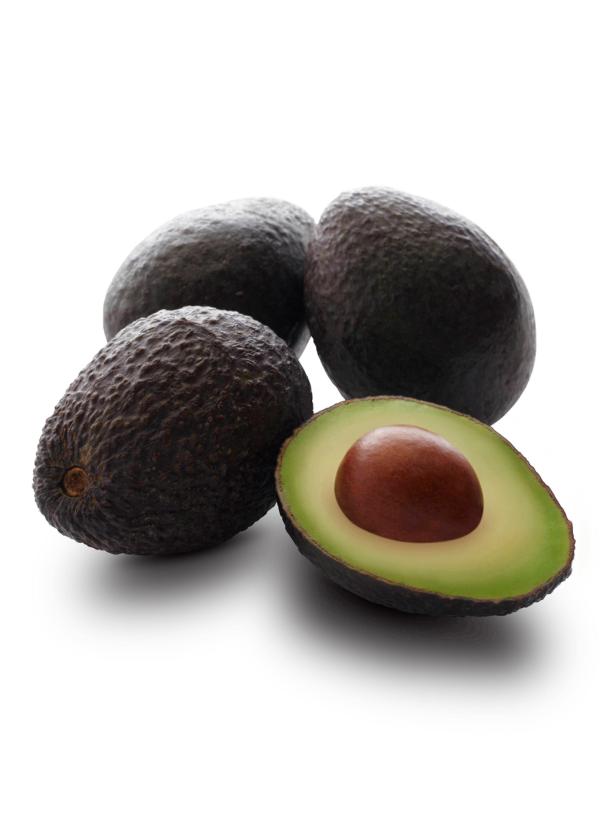
Matt Armendariz, Television Food Network, G.P. All Rights Reserved.
Although fat got a lot of flak in the carb-crazy ‘90s, fat is actually very important to a healthy diet. Fat comes in two main forms: unsaturated and saturated fat. Unsaturated fats are oils — the kind that are fluid at room temperature (such as olive and canola oils). Saturated fats are solid at room temperature (think a stick of butter or glob of coconut oil).
You need both kinds in your diet, but the majority should come from unsaturated fats. The current recommendation is that you get about 25 percent-35 percent of your daily calories from fat (that’s 56-78 grams of fat on a 2,000-calorie diet), with no more than 10 percent (22 grams) coming from saturated fat.
So what does fat actually do for you?
1. It's a major fuel source for your body (meaning it provides a lot of calories) and also the main way you store energy.
2. You need fat to help you absorb certain nutrients, such as fat-soluble vitamins (vitamins A, D, E and K) and antioxidants (like lycopene and beta-carotene).
3. Fat is important in giving your cells structure.
4. Omega-3 fats, a type of unsaturated fat, are important for optimum nerve, brain and heart function. One type of fat you don’t need? Trans fats, an artificial kind of fat found in partially hydrogenated oils.
And by the way, eating fat won’t necessarily make you fat. Although it does have more calories per gram than carbohydrate and protein, fat makes food more flavorful and satiating, which may mean that you don’t need as much to feel satisfied.
Learn how to get more healthy fats in your diet: 8 Healthy Fats You Should Be Eating
Kerri-Ann is a registered dietitian who writes on food and health trends. Find more of her work at kerriannjennings.com or follow her on Twitter @kerriannrd or Facebook.




















